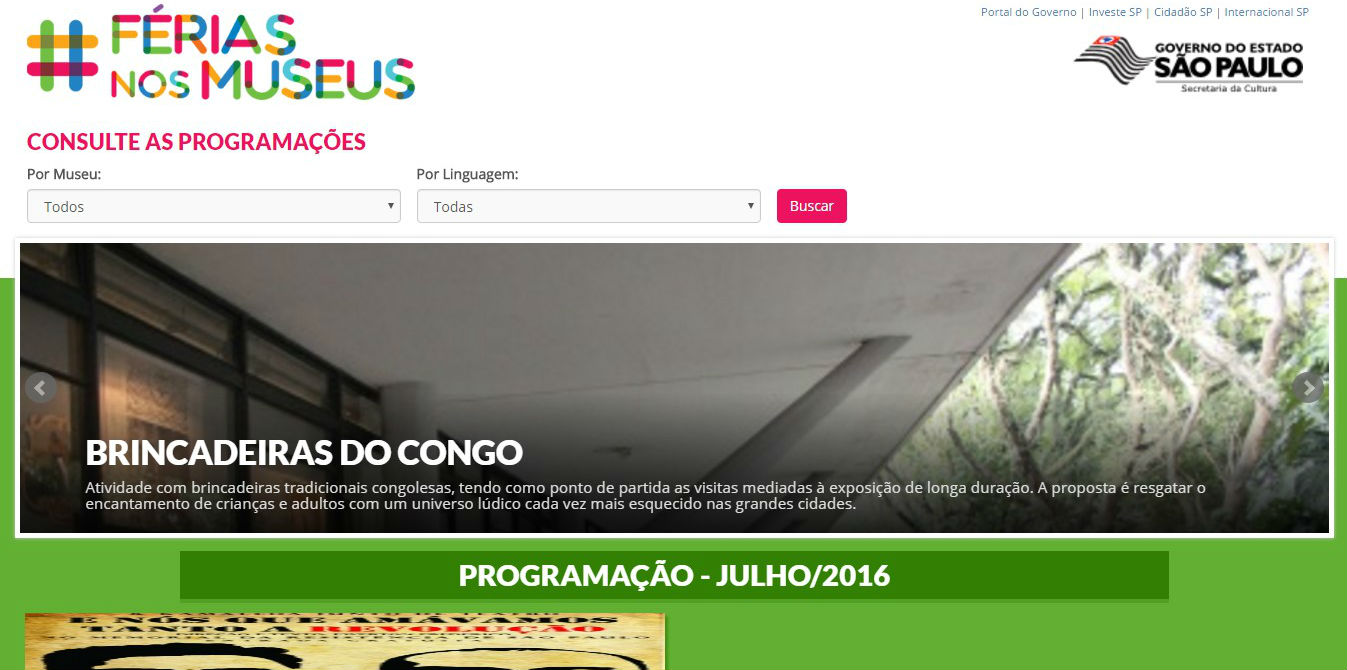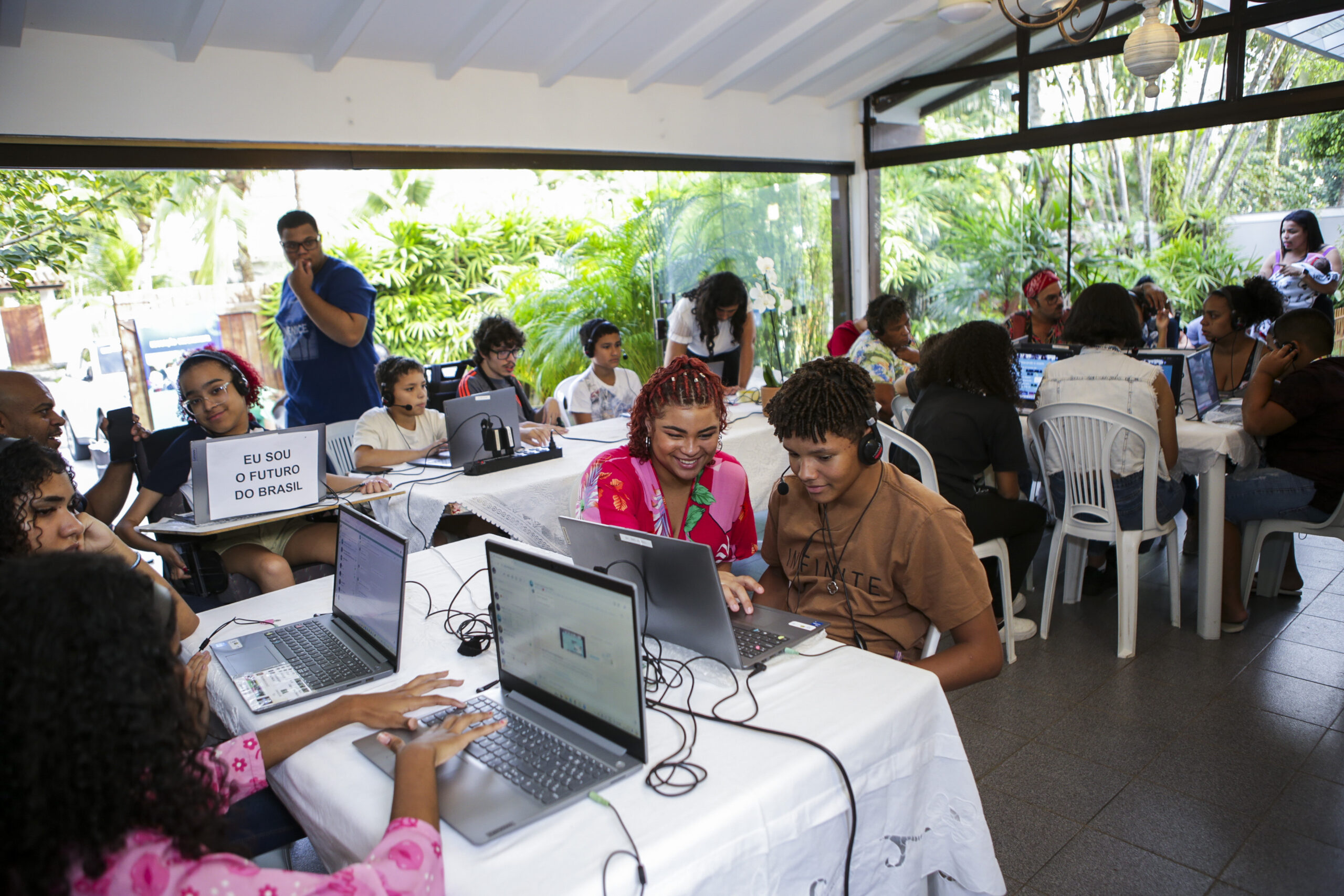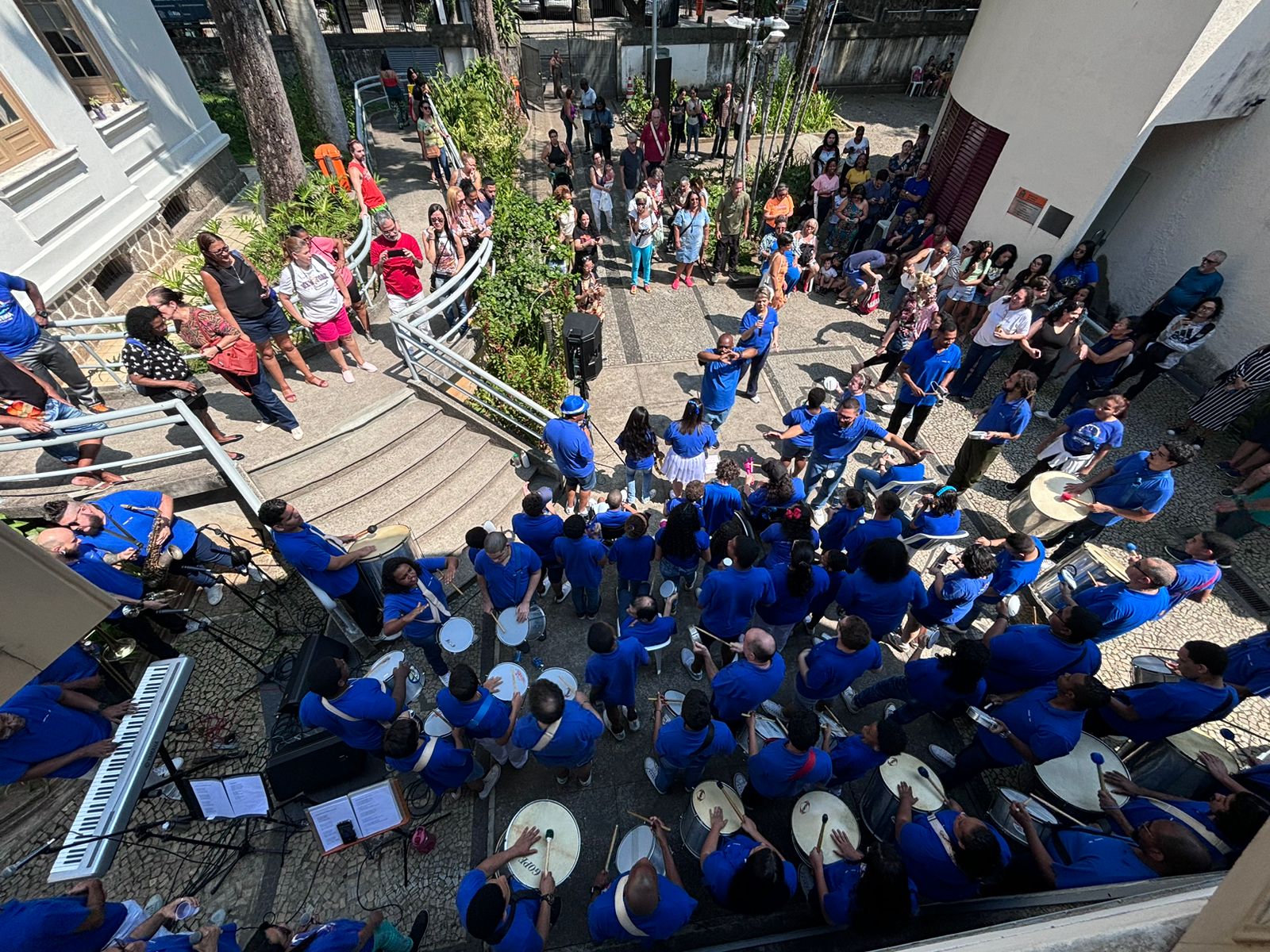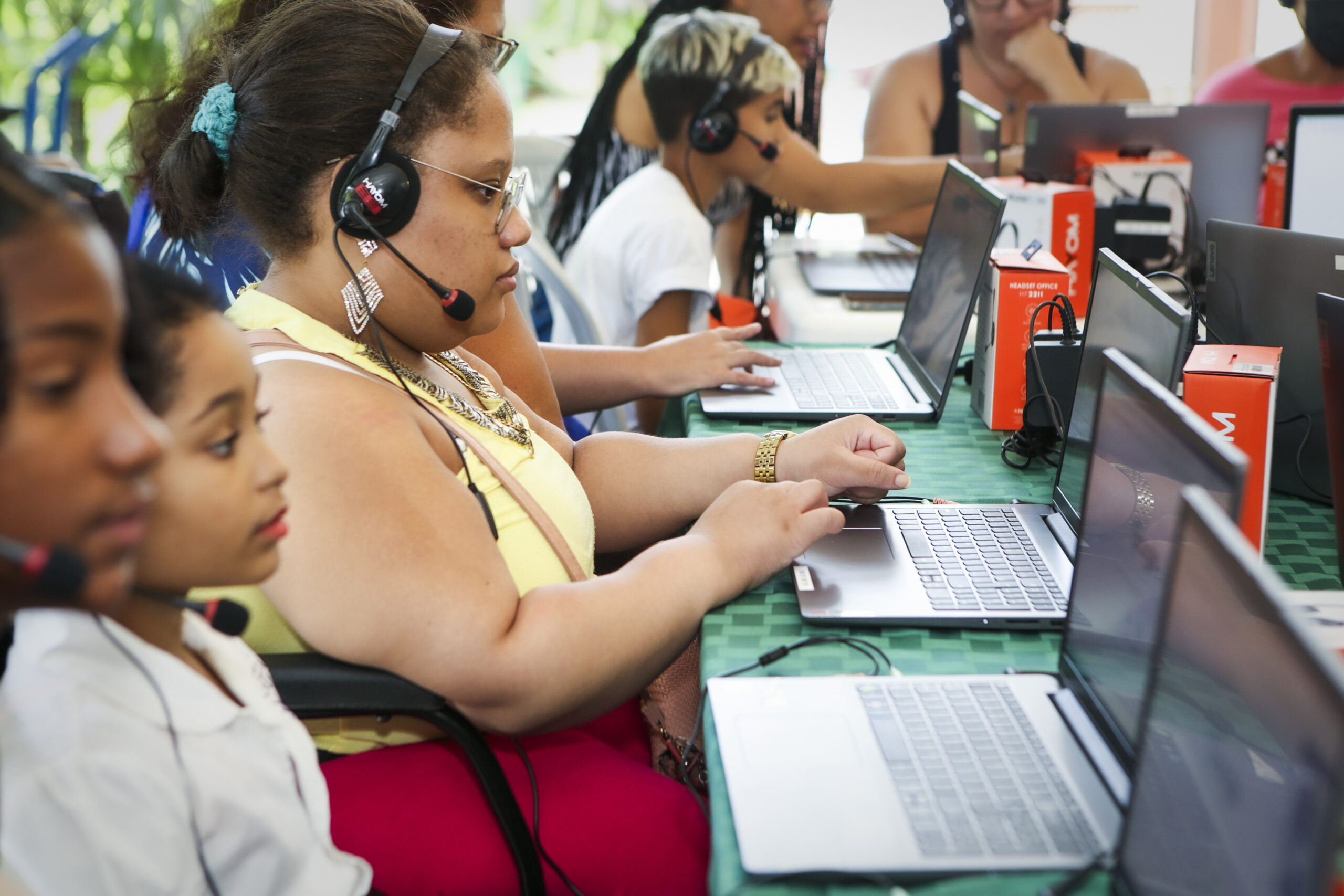
The programme of São Paulo museums during July vacations was gathered in a website integrated with the platform SP Estado da Cultura, the installation of Mapas Culturais in the state. The site Férias nos Museus (Vacations in Museums) was created to facilitate the disclosure of the programme and as an experiment to integrate the platform database to the site of the Department of Culture of São Paulo, where it is hosted. In total, 19 museums provided information on more than 70 exhibitions, lectures, soirées and other cultural events held in July.
Before the platform, the team of the Department received by e-mail the programme of each museum and compiled all in a single file to publish on the site. It was a laborious and time-consuming process. “As there were many information, we were never satisfied with the form of presentation”, comments Renata Beltrão, Communication and Press coordinator of the Department and coordinator of the platform SP Estado da Cultura. In May, during the National Museum Week (16th to 22nd), it was conducted the first project in which the museums teams helped to insert the programme of a specific period directly on a website. With Férias nos Museus, this experience was carried to the site of the Department.
The fulfilling of the programme was made by the representatives of the museums themselves, who registered the events in SP State of the Culture and marked them in the category “Férias nos Museus”, integrated to the site. Thus, the programme was built and updated collaboratively in a single location. Two search filters, by museum and by the language of the event, facilitated the search by users. Renata tells that the teams joined the site very easily. “As they were all trained to use the platform, and are using it effectively, we needed only to send an e-mail stating that the project “Férias nos Museus” was open and that all the agents were already attached to it, reminding that they just would need to mark the project when registering the events“, she says.
From this experience, the Department plans to seek new forms of integration between the platform and the institutional website. “We intend to do the same with ProAC (Cultural Action Program), in a project that is already underway, and, ideally, to integrate the search for cultural agenda to the homepage of the Department website”, states Renata.






































































































